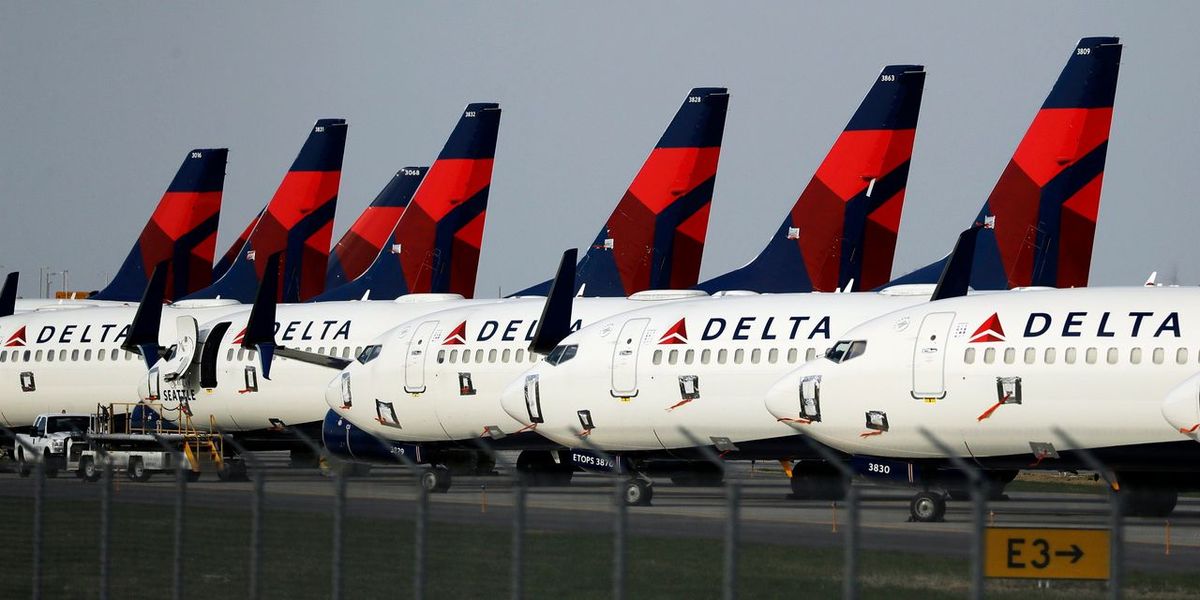
AI Pricing By Delta Air Lines: A Super Analyst or a Surveillance Concern?
Aug 4, 2025 |
👀 47 views |
💬 0 comments
Delta Air Lines has become the first major U.S. carrier to integrate artificial intelligence (AI) technology into its ticket pricing system, a move that aims to revolutionize how airfares are adjusted in real-time. While Delta touts the AI as a "super analyst" designed to enhance competitiveness and maximize revenue, the initiative has ignited a fierce debate, drawing criticism from consumers, lawmakers, and privacy advocates over transparency and the potential for discriminatory pricing.
Delta's new AI system, developed in partnership with Israeli tech company Fetcherr, is a significant evolution from traditional "fare buckets" that categorized customers based on booking methods and timing. The airline's President, Glen Hauenstein, has described this as a complete re-engineering of pricing, with the AI working 24/7 to identify the "optimal price for every traveler, every time."
How Delta's AI Pricing Works (According to Delta):
Delta asserts that its AI system relies solely on aggregated data to refine existing pricing models. The airline maintains that it does not use AI to assign different prices to individual customers based on personal information such as search histories, previous purchases, income estimates, or Browse behavior. According to Delta, the AI considers a vast array of market forces and real-time information, including:
Overall customer demand for specific routes and flights
Jet fuel prices and operational costs
Competitor pricing and schedules
Route-by-route performance
Seasonal factors and weather patterns
The airline emphasizes that the AI is a decision-support tool that provides "informed insights" for human analysts, who oversee and fine-tune the recommendations to ensure they align with Delta's business strategy and comply with regulations. Delta has firmly stated its "zero tolerance for discriminatory or predatory pricing" and that its pricing never takes into account personal data. The goal, they say, is to offer a price that is available to you, the individual, at a specific time, for a specific flight, by efficiently analyzing existing data and responding to changing market dynamics.
The Controversy and Concerns:
Despite Delta's reassurances, the introduction of AI-driven pricing has generated considerable backlash:
"Personalized Pricing" vs. "Dynamic Pricing": Critics, including some U.S. Senators and consumer advocacy groups, worry that Delta's system blurs the line between traditional dynamic pricing (where prices fluctuate based on market conditions, affecting everyone equally at a given time) and "personalized pricing" or "surveillance pricing" (where prices are tailored to an individual's estimated willingness to pay). While Delta denies individualized pricing, some experts argue that by factoring in data points like device type, search behavior, and past booking patterns, the AI is effectively creating "deeply personalized" prices, even if it doesn't use a customer's name directly.
Transparency and Fairness: Consumers have expressed apprehension about the lack of transparency in how AI-determined fares are calculated. If two people searching for the same flight at the same time see different prices, it creates a perception of unfairness. Proving bias or discrimination by an AI algorithm, even if unintended, can be extremely difficult.
Potential for Price Hikes: While AI could lead to more precise discounts to fill seats, experts like Clint Henderson of ThePointsGuy.com, suggest that AI "puts the dynamic pricing model on steroids" and that "machines are better than humans at setting prices, so prices overall could trend higher." Last-minute bookers, business travelers, and those with less flexibility are seen as potentially bearing the brunt of higher fares.
Regulatory Scrutiny: Three U.S. Senators (Ruben Gallego, Mark Warner, and Richard Blumenthal) sent a letter to Delta raising concerns about privacy and potential price increases to a customer's "personal 'pain point.'" This has led to calls for greater data transparency and potentially new federal legislation to ban companies from using AI to set prices based on personal data.
The Road Ahead:
Delta currently uses AI to determine about 3% of its domestic fares and aims to scale that figure to 20% by the end of 2025, with a broader rollout planned over the next 18 to 24 months. The airline maintains that initial results from its AI-driven pricing indicate "amazingly favorable" revenues.
As the airline industry increasingly explores technological innovations to optimize revenue, Delta's aggressive adoption of AI for pricing is being closely watched. Its success, or failure, will likely depend on how the system is perceived by travelers and whether it can truly balance profit maximization with maintaining consumer trust and adhering to ethical pricing practices in the face of growing public and regulatory scrutiny.
🧠 Related Posts
💬 Leave a Comment
